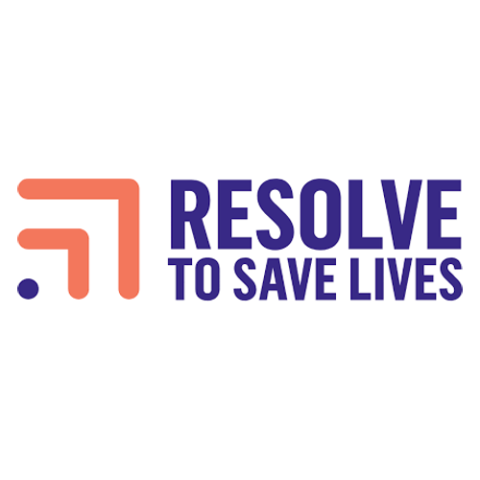Over the last decade, we at Resolve to Save Lives, with our partners,* have made great progress towards the elimination of industrially-produced trans fat (iTFA) from the global food supply. The health risks of iTFA are well established: Consumption increases the risk of heart disease and stroke and is responsible for an estimated 500,000 premature deaths each year — while eliminating it reduces those risks and improves overall population health. When we started this work in 2018, just 14 countries had policies that either limit iTFA to 2g grams per 100gm of fat or ban the use of partially hydrogenated oil, a primary source of iTFA. Today, more than 60 countries globally, covering over half the world’s population, have adopted at least one of these two best practice policies.
For countries at all levels
We’ve learned a lot over the years. Firstly, we confirmed that eliminating iTFA is feasible and cost-effective for countries of all income levels. Prior to 2018, primarily high-income countries took action against iTFA, while as of 2025, many lower-and upper-middle income countries have also adopted best practice policies, with India, the Philippines, Bangladesh, Pakistan, Mexico, Thailand, Brazil and more leading the way. Even where iTFA is not a major cause of concern in the diet, countries have acted to prevent the dumping of products containing iTFA from other markets and avert future negative health impacts.
Secondly, we know that the food industry can reformulate products, replacing iTFA and partially hydrogenated oils with healthier alternatives. Manufacturers have done so in the United States, Canada, the European Union, Singapore, Thailand, and in many Gulf Cooperation Council states and other countries with good enforcement mechanisms. The WHO has awarded validation certificates to nine countries that have demonstrated systems for policy enforcement, so we know that companies can and will comply with these regulations, particularly when policies are mandatory and enforced.
National advocacy essential
Thirdly, we have seen that national advocates are essential for achieving policy goals. iTFA elimination is somewhat niche – it’s a very targeted policy that is not necessarily on the top of everyone’s mind – BUT it is effective, practical, and achievable (see above!). With coordinated advocacy and partnerships across government, civil society, and academia, we’ve seen that it’s possible to effect change and overcome industry opposition, sometimes relatively quickly. We’ve seen the powerful impact of national-level advocacy action in many countries. For example, in Pakistan, years of relationship building, local advocacy and capacity-building from our local and global partners* led to the gradual strengthening of national iTFA regulations, steadily increasing their strength — at first covering a small number of food categories, then adding more, and at last in 2025, covering all foods, while overcoming local industry opposition to align with WHO’s best practice recommendations.
Despite progress, iTFA still remains prevalent in the world’s food supply. Many countries have not yet introduced regulations that could save lives and reduce health care costs, and not all that have adopted regulations are following up with good enforcement. Many of the world’s largest suppliers of partially hydrogenated oils and food manufacturers have made commitments to eliminate iTFA, but research conducted by the Access to Nutrition Initiative suggests that their follow through is limited — or at least not transparent.
Call to action
Eliminating iTFA from the food supply is a simple, proven, cost-effective way to save lives. Progress has been made, but billions remain at risk where policies are absent or weakly enforced. Governments must adopt and implement WHO-recommended best practices, and the food industry must fully replace iTFA with healthier alternatives. Consumers must also demand better regulation and healthier foods. Advocates, policymakers, and communities all have a role to play — together we can achieve a world free from iTFA and prevent hundreds of thousands of needless deaths each year.
* WHO Pakistan, NCD Alliance, Heartfile, Global Health Advocacy Incubator, Centre for Peace and Development Initiatives, and Pakistan Youth Change Advocates.






